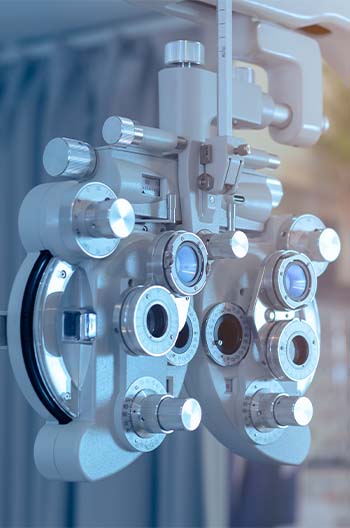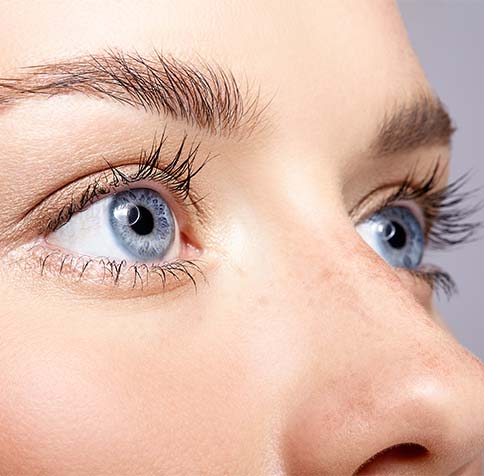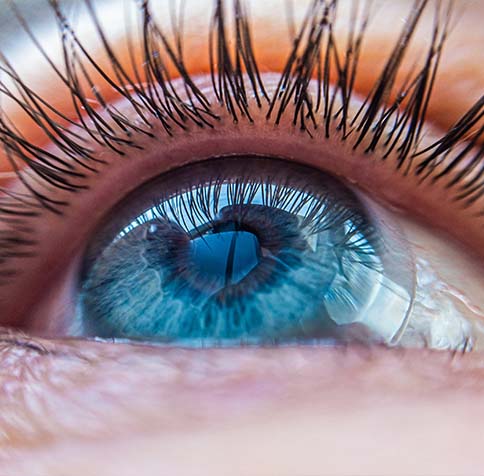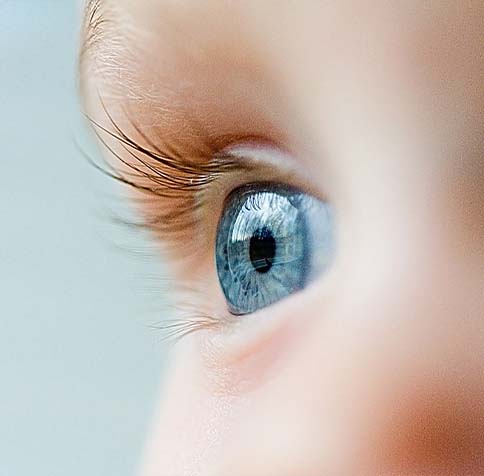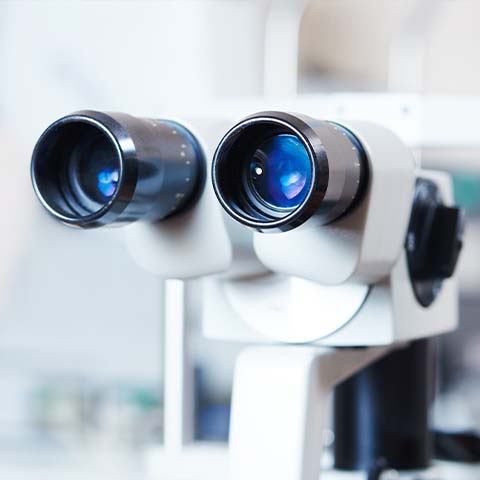Focusing on Your Family
It’s never too early to focus on your children’s eye health and vision. Their sense of sight is important at every age and every stage of development.
Not to worry if your child is nervous about their eye exam. Our ophthalmologists are experienced with children and can put them at ease. Many kids even think their eye exams are fun! And, if your child does need glasses, we offer a wide selection of colors and styles that will make them smile.
Book their appointment today to set them up for success—and a lifetime of healthy vision.
Book AppointmentWhen Do Children Need Eye Exams?
The American Optometric Association recommends that children have:
- A comprehensive exam to establish a baseline between the ages of 6 and 12 months
- Another comprehensive exam as they grow and develop between the ages of 3 and 5
- Annual, comprehensive exams starting before 1st grade and continuing until adulthood
Proper vision can be beneficial for you child's success—in life and academics. Beyond just seeing what’s in front of them at school, visual skills are needed for social, cognitive, and motor skill development.
Book your child’s eye exam today!
Book Appointment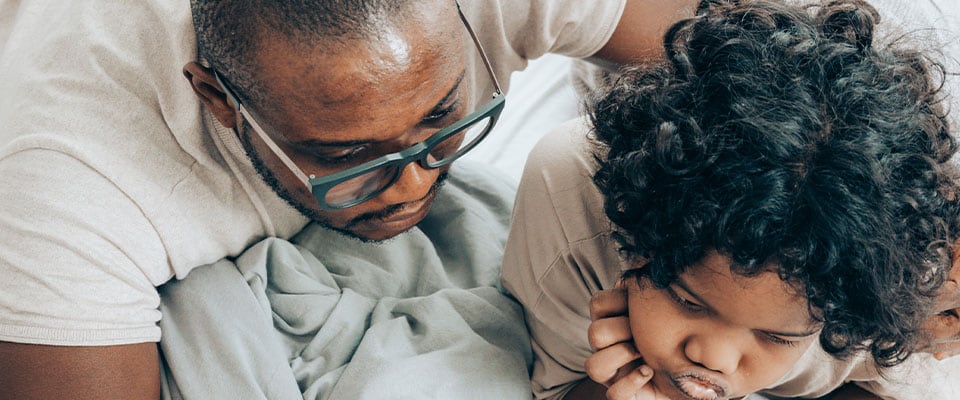
Valuable Visual Skills
Children aren’t born with the visual skills they need—they develop them over time, just like they develop the ability to walk and talk.
Good visual skills are essential to learning. Approximately 80% of what children learn happens through their vision. Whether it’s reading, interacting with other kids, throwing a ball around, or seeing what the teacher writes on the board, eyesight is involved.
If you want to set them up for success, it’s essential that visual skills develop normally. Children who start school with undiagnosed vision problems may struggle to keep up in class. They may be misdiagnosed with ADHD or another behavioral disorder.
Undiagnosed vision problems can also lead to:
- Learning at a slower rate than their peers
- Behavioral and disciplinary problems
- Higher risk of dropping out of school
Stages of Sight
There are many milestones in a baby’s visual progression. Here’s what to expect at some critical stages:
- Birth to 4 Months: Your baby’s vision is improving rapidly at this stage. They should be focusing on nearby objects and faces and begin to reach for things.
- 5 to 8 Months: A 3-dimensional view of the world begins to form, as does color vision.
- 9 to 12 Months: Babies begin to grasp objects and can judge distances.
- 1 to 2 Years: Hand-eye coordination and depth perception should be well-developed.
As babies grow and develop, you can help encourage their healthy visual development by playing games with them. Use the classic games like peek-a-boo and patty-cake, provide objects that can be explored with the hands and grasped, and play games that include dropping things and picking them up.
To ensure your child develops visual skills at the appropriate pace, be sure to bring them in for comprehensive eye exams.
How Do I Know If My Child Needs Glasses?
If children are experiencing a vision issue, they are often unable to articulate the problem—they might not even know there is a problem. Unlike adults, children have not established a baseline of what proper vision looks like for them.
Kids can experience signs or symptoms that may not seem visual—like tiredness, poor concentration, or difficulty keeping their place while reading. They may develop vision problems standard glasses can’t correct alone, like strabismus (eye turn) or amblyopia (lazy eye), which can affect how their vision develops.
Bringing your child for regular eye exams lets us establish that baseline so we can take the time to evaluate their symptoms. By detecting vision problems early on, we can give them appropriate support—whether they need glasses or other personalized care. Book their appointment today!
Book Appointment

